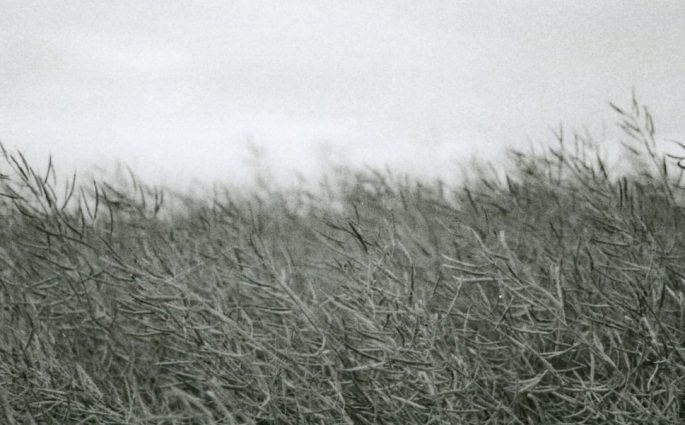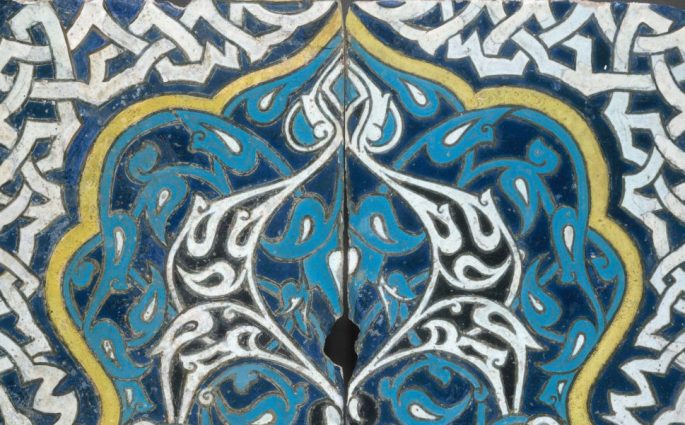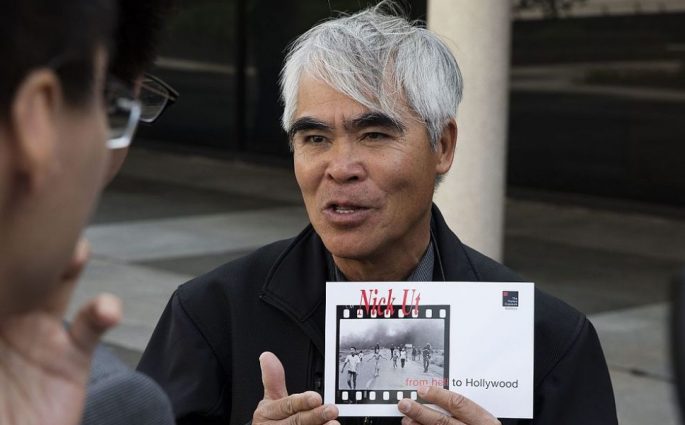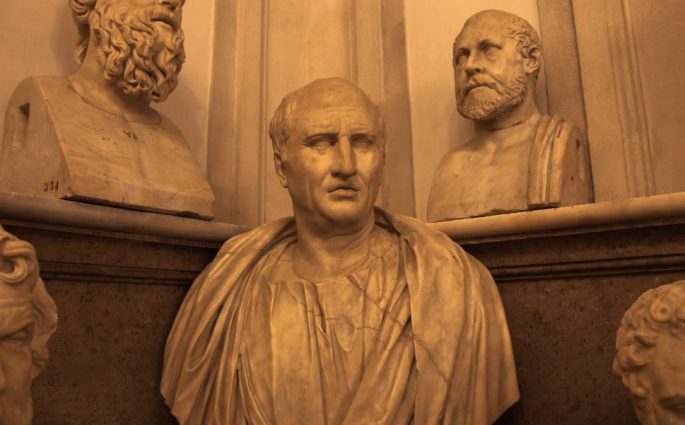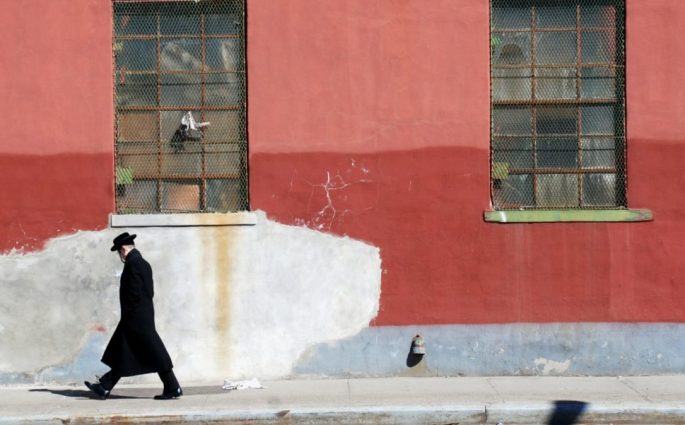The Orphanage (Revisited)
Earlier this year, Yale University Press published the excerpt below from The Orphanage by Serhiy Zhadan, translated from the Ukrainian by Reilly Costigan-Humes and Isaac Stackhouse Wheeler. We are revisiting this piece today to shed light on the continued and escalating tensions in the region. Recalling the brutal landscape of The Road and the

